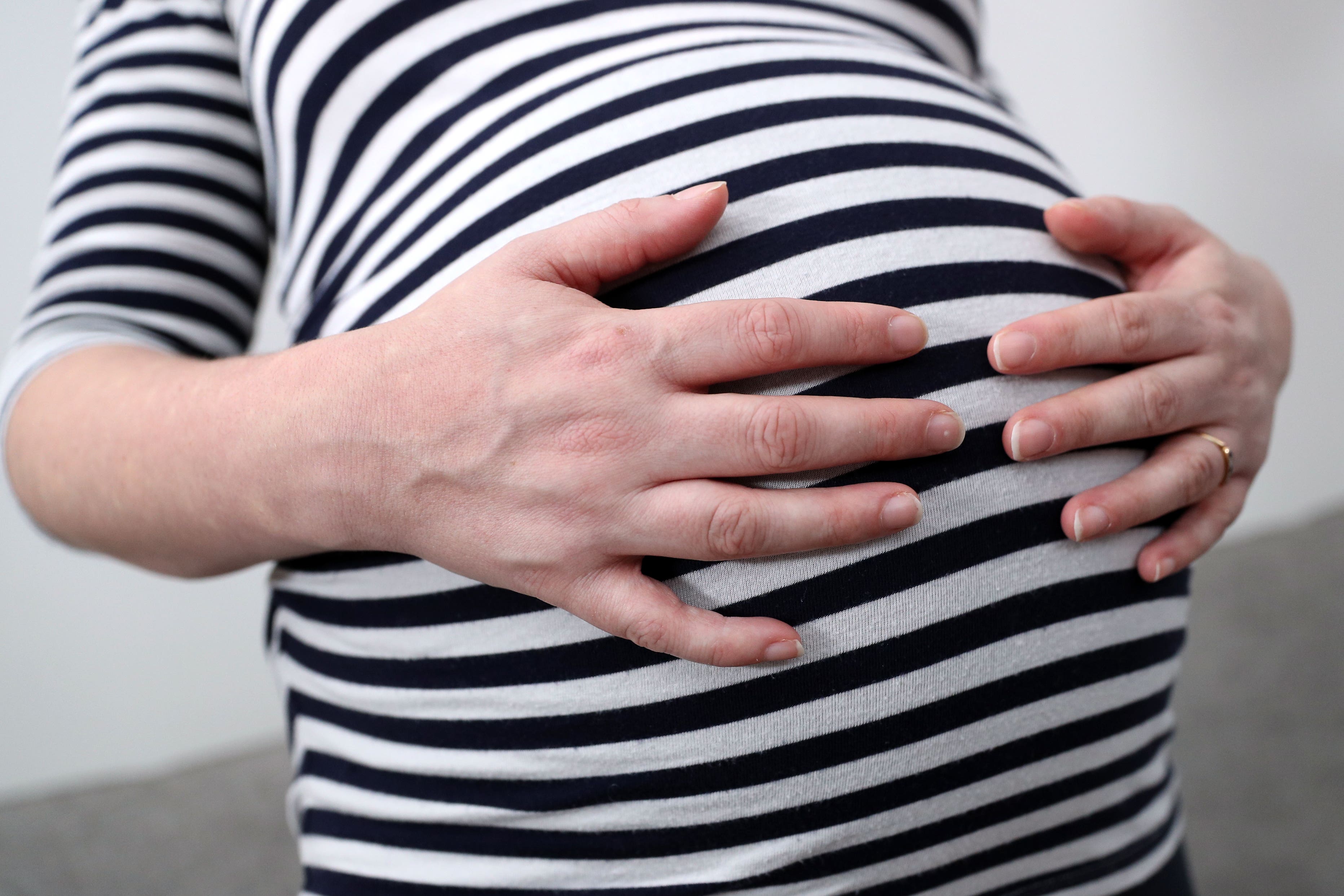Maternity units must only remove gas and air as a ‘last resort’
Some NHS trusts have come under fire for the way they communicated the message that gas and air would be suspended

Hospital trusts must only remove gas and air on maternity wards as a “last resort”, NHS England has said.
Several hospitals temporarily suspended the use of gas and air following concerns that midwives and staff are being exposed to too-high levels of gas over prolonged periods of time.
Some pregnant women have posted on social media, saying the decisions have left them feeling anxious and worried about their pain relief options.
Some NHS trusts have also come under fire for the way they communicated the message that gas and air would be suspended.
The NHS maternity survey for 2022 shows 76 per cent of women used gas (also known as nitrous oxide) and air during their labour.
There are no harmful side effects of using gas and air for a mother or baby.
In new guidance to trusts, NHS England said it had looked at the health impacts for staff of levels of nitrous oxide exceeding prescribed levels, “drawing upon relevant legislation and existing guidance on the safe management of gas and air in healthcare settings”.
It said trusts must ensure they are compliant with legislation and national guidance on the use of gas, but must only remove it for women as a last resort and must tell them about other pain relief.
“Where, following the meeting of the (medical gas) committee, there is concern that the trust is not compliant, then this should be formally reported by the trust to the NHS England regional operations centre for the attention of the regional chief midwife,” the guidance said.
Where there is no other option but to remove this provision, there must be clear communication with all service users who may be affected, with alternative options explained to support informed patient choice
“This report should outline the issue(s) identified, the actions the trust is to undertake to resolve and the timeframe for such resolution.
“The removal of gas and air provision for patients should be a measure of last resort, only considered following appropriate risk assessment, clinical consultation and mitigation.
“Where there is no other option but to remove this provision, there must be clear communication with all service users who may be affected, with alternative options explained to support informed patient choice.”